Can you survive off foraging and make it pay?
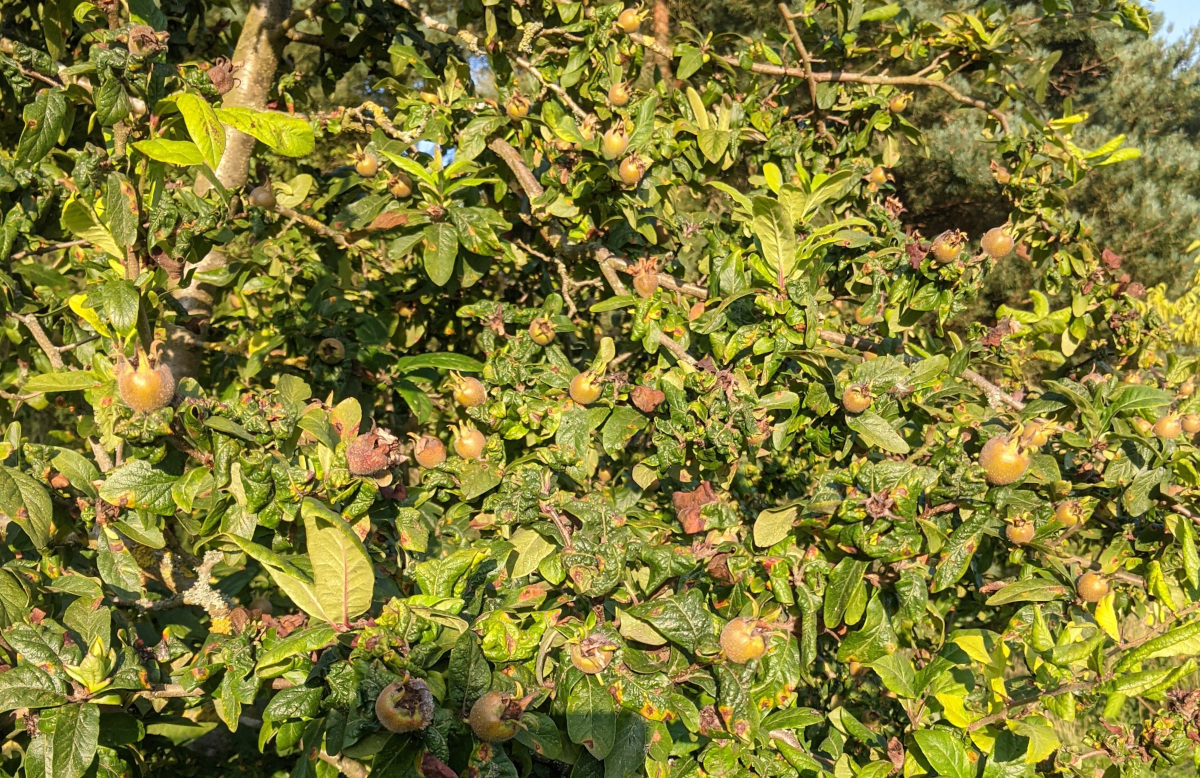
I forage to reduce my food costs and to make use foods that are not normally found in stores.
Table of Contents
I would also like to make a point of differentiating between surviving and thriving in your environment.
It is possible to survive off foraging and make it pay. However, it is important to be aware that foraging is not a reliable source of income. The amount of food that you can find will vary depending on the time of year, the location, and the weather conditions. Additionally, foraging can be a physically demanding activity, and it can be difficult to make a living from it if you are not in good physical condition.
Whilst it may be perfectly possible to survive, you may not thrive in the long term if your diet is lacking diversity.
Can you survive off just foraging?
It is possible to survive for several months at a time just from foraging for your food.
If you have access to the sea shore as well as a decent sized area of mixed woodland and open grassland it is easy to find the bulk of the food you need to survive.
You will have a much easier time if you have hunting and fishing as an option.
Below: A picture frame made with foraged drift wood.

The disadvantage to finding all your food foraging is you are left at the mercy of the climate and the elements as well as the seasonal nature of produce in most parts of the world.
Below: Wild cherries are the perfect example, they are fine to eat but sour, not to everyone's taste and seasonal.
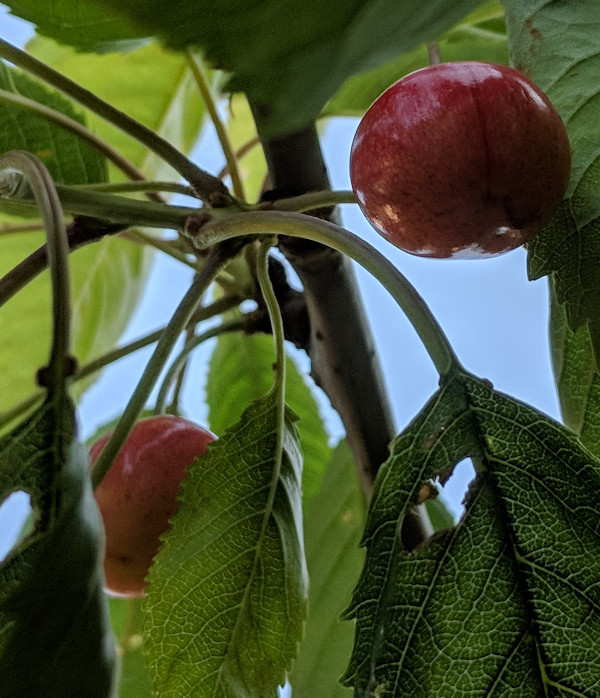
You also need a good mix of environments and large areas to forage in to find enough food to survive.
If you are interested in foraging as a way to make money, there are a few things that you can do to increase your chances of success:
First, it is important to learn about the plants and animals in your area that are edible. You can do this by reading books and articles, taking classes, or working with a professional forager.
Second, you should develop a network of buyers who are interested in buying foraged food. You can do this by contacting local restaurants, grocery stores, and farmers markets.
Below: I make and sell wreaths at Christmas time. I get £15 ($20) each for wreaths like these.
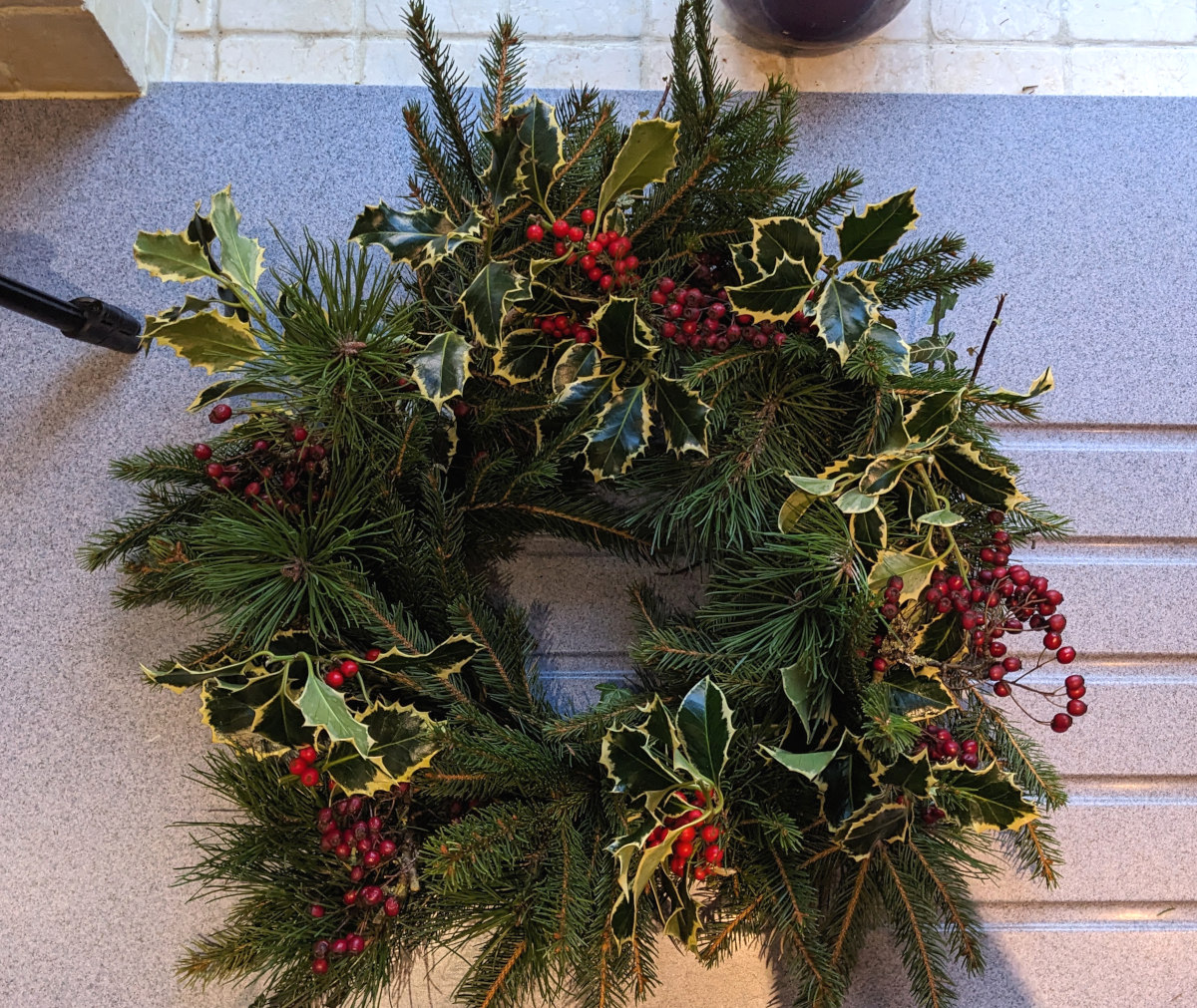
Finally, you should be prepared to work hard.
Human ancestors used a mixture of foraging and hunting and managed to survive quite happily for hundreds of thousands of years. It is this ingrained behaviour that drives us to look for food wherever we can find it.
Can you make money or profit from foraging?
Some food items you can find foraging are worth a lot of money, people will pay a pretty penny for truffles or morels and some other wild mushrooms.
Profit generally requires you to trade your time and effort. There are exceptions to this, if you have access to truffle woodland you might be able to make a small fortune.
Below: These are Medlar fruit, they are an acquired taste but a few people like them and they are never to be found in the shops.
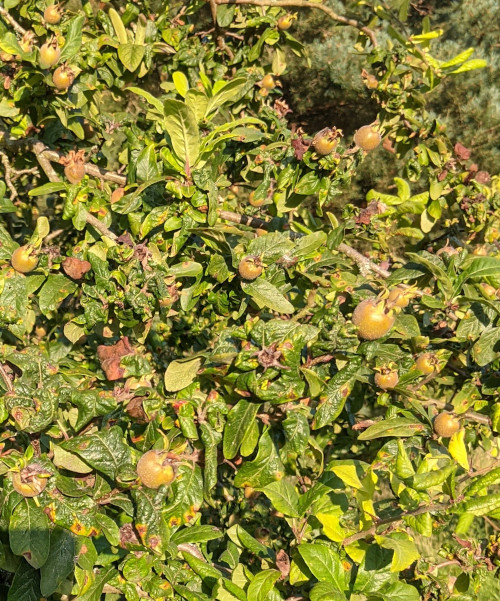
You can make good money from what you find foraging. It does normally require effort and ingredients to turn what you have cash however.
Every year I make elderberry jam as well as a range of fruit alcohols and hard cider.
Ways to make or save money by foraging:
There are a great many ways to save money or generate an income from foraging:
- Make jams and jellies,
- Sell rare mushrooms or truffles,
- Supply wild fruit that you cant find in the shops,
- Fresh or frozen fruit juices,
- Dried fruits or fruit leather,
- Home made fruit wines of flavoured alcohols,
- Cut bamboo for canes,
- Make Christmas wreaths.
As this list shows you do not always need to forage for foods to make a profit, pine, holly and other greenery can be collected and made into Christmas wreaths.
Below: Christmas decorations foraged from woodland.
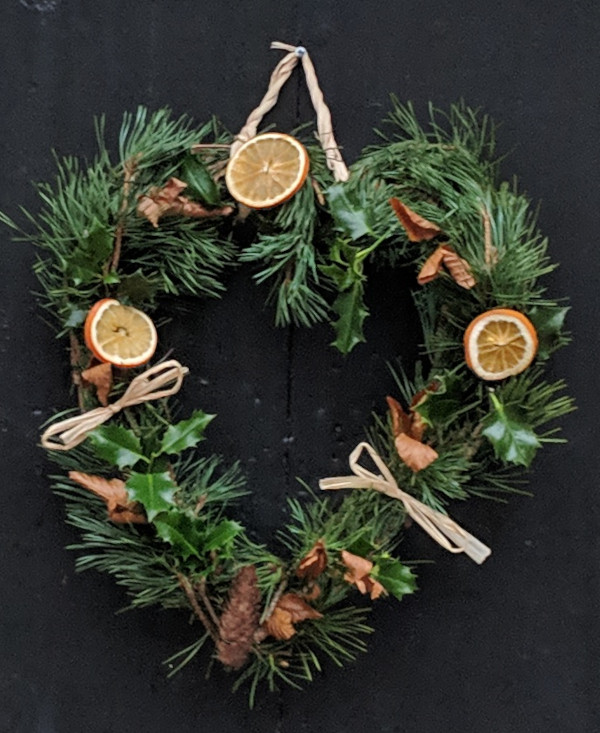
Here are a few more ideas for making foraging pay:
Selling wild edibles to restaurants or at farmers markets: If you have a good eye for spotting edible plants and fungi, you may be able to sell them to local restaurants or at farmers markets. Some chefs are willing to pay a premium for high-quality, locally sourced wild edibles.
Feathers: Feathers are used in fly tying and for decoration.
Teaching foraging classes: If you have a lot of experience with foraging, you could offer classes or workshops to others who are interested in learning about it. You could charge a fee for these classes, which could include a foraging walk, cooking demonstrations, and education about identifying and harvesting wild edibles.
Making and selling value-added products: If you enjoy making your own jams, jellies, syrups, or other food products, you could use wild edibles as a main ingredient and sell them at local markets or online.
Selling foraged materials to artisans: Some artisans, such as those who make natural dyes or basket weavers, may be interested in purchasing wild materials like berries, leaves, and roots for their crafts.
It's important to note that foraging laws and regulations vary depending on the location, so make sure to research and follow the laws in your area. Additionally, it's important to forage sustainably and ethically, only taking what you need and leaving enough for the plants and animals that depend on them.
